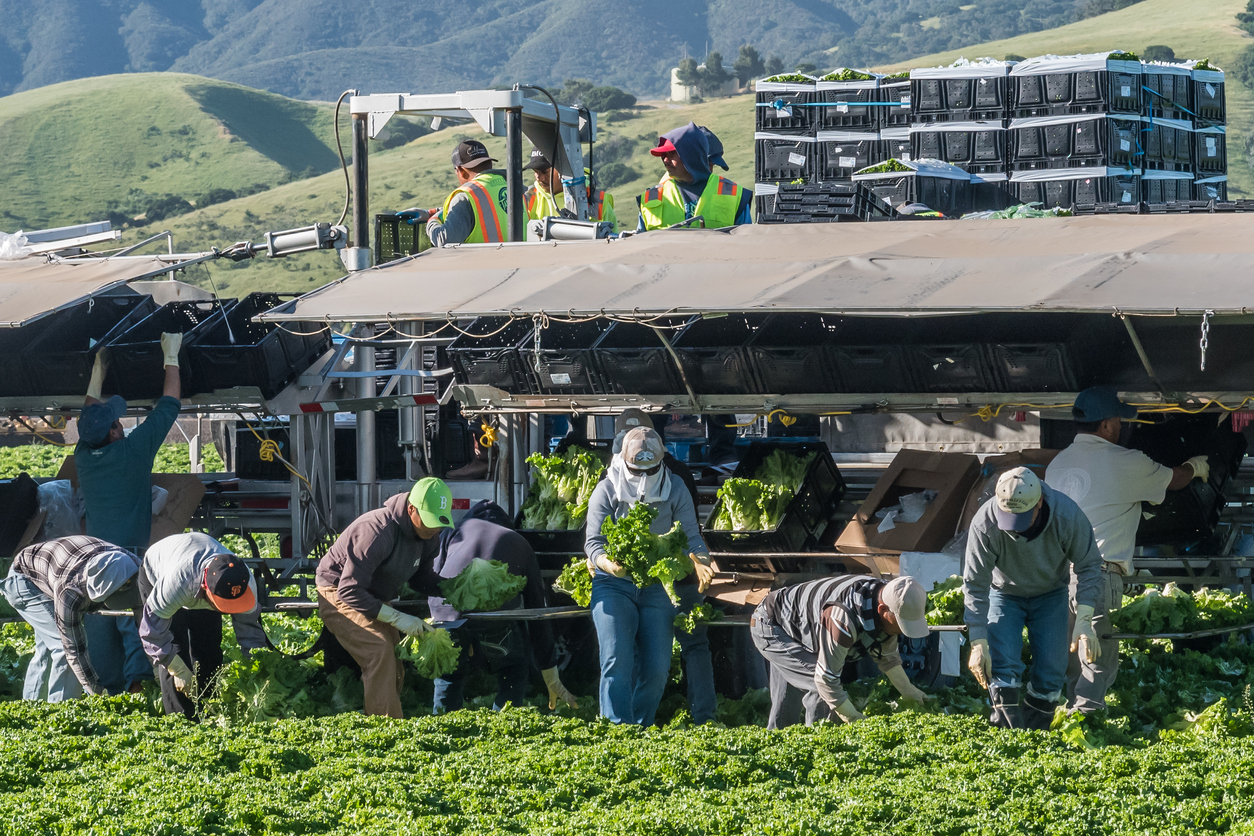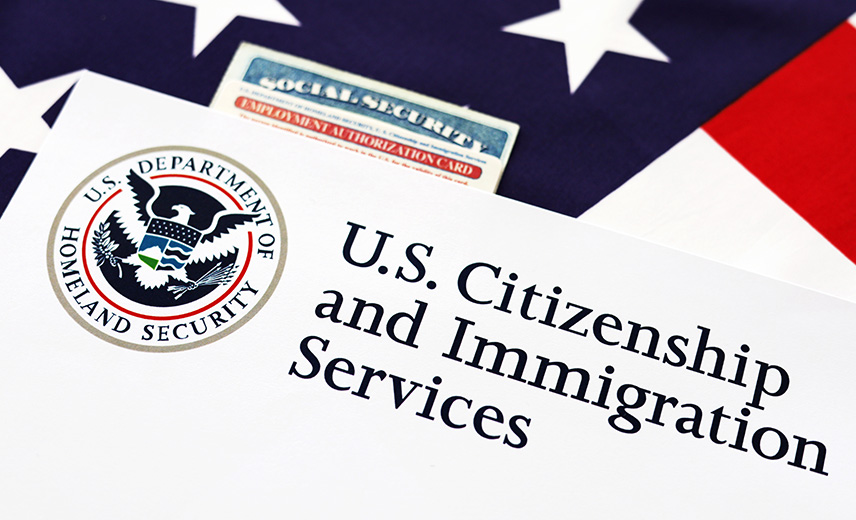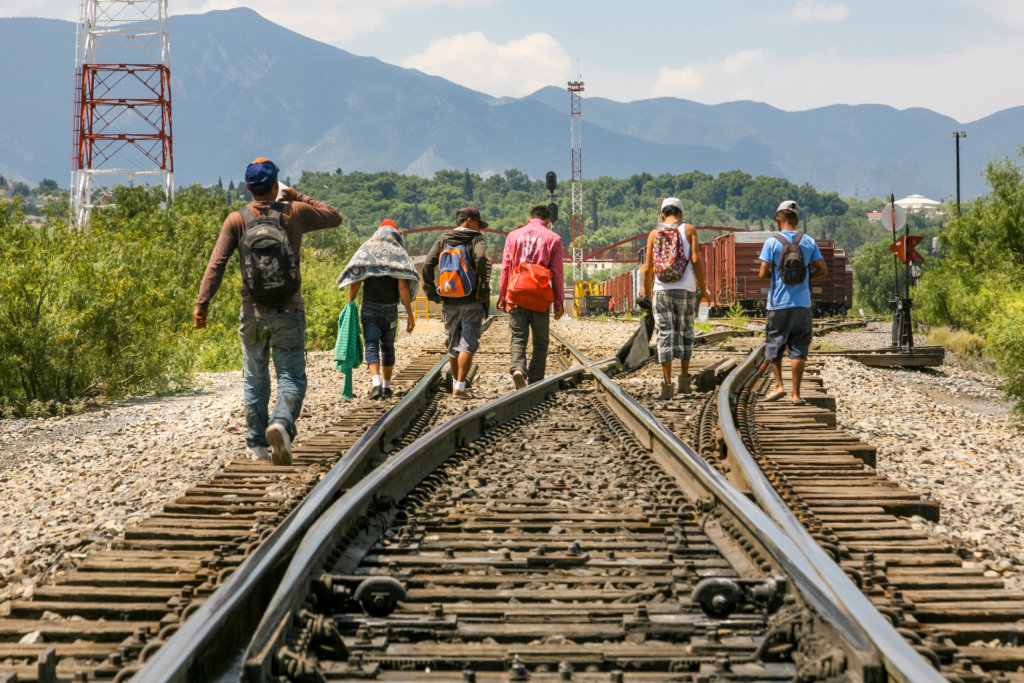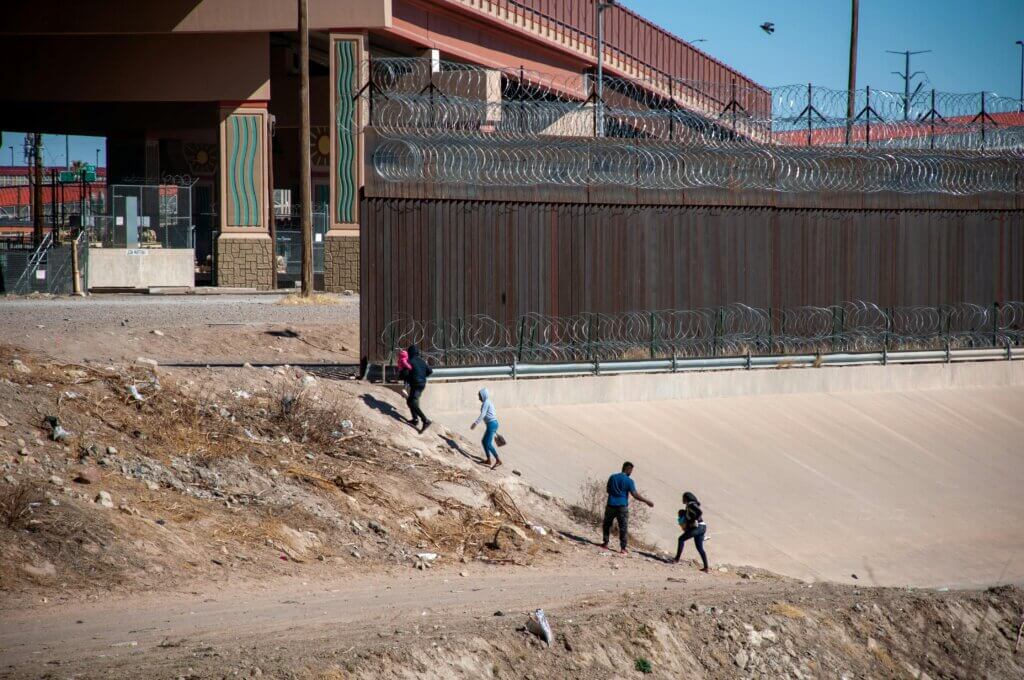Protecting immigrants is not just morally right, it’s essential to our economic recovery
As the “Build Back Better Act” advances in Congress, our elected officials must stand up for immigrants and defend them against the demonization and scapegoating of obstructionists whose aim is to stall progress and block passage of the legislation.
In November, the House of Representatives took a major step towards achieving real and equitable progress for our country by passing the “Build Back Better Act.” Through this legislation, the House advanced President Biden’s vision for transformative federal investments that lift workers and families up and help build a more prosperous future for everyone. This once-in-a-generation bill recognizes a fundamental truth about America: that the health and dynamism of the nation benefits from the well-being of the millions of immigrants—many Latino—who with their deep family, community, and economic ties to the United States are key to a successful economic recovery. As the “Build Back Better Act” advances in Congress, our elected officials must stand up for immigrants and defend them against the demonization and scapegoating of obstructionists whose aim is to stall progress and block passage of the legislation.
As our country works to recover from the most precarious economic state since the Great Depression, we must recognize the critical role of immigrants in our economy. Less than two years ago, the unemployment rate reached a sky-high 14.8%—a percentage that was even higher for Latino, Black, and women workers. Millions of workers had to take a pay cut, twice as many as those who had to take a cut during the Great Recession. In the first year, 200,000 businesses shut their doors permanently and an estimated 45 million people, including one in five children, experienced food insecurity. We remember the empty shelves in grocery stores, the increased anxiety, and the feelings of hopelessness about the future.
Keep up with the latest from UnidosUS
Sign up for the weekly UnidosUS Action Network newsletter delivered every Thursday.
Immigrants are part of the backbone of the essential workforce willing to carry the nation forward during the depths of this economic crisis. Indeed, since the COVID-19 pandemic hit, an estimated 5.2 million undocumented immigrants have worked as essential workers—including 400,000 agricultural workers; 400,000 cleaning staff; 300,000 packers, stockers, and shippers of essential goods; and 100,000 home health and personal care aides. About three out of four undocumented immigrants are essential workers, who helped put food on our tables, provide reliable transportation, and care for the sick—including 200,000 who work as health care workers. Immigrants stepped up when our country needed them despite being among the hardest hit by the health and economic effects of the coronavirus. We saw firsthand the truly essential role that they have in our lives, even when they struggle to make ends meet and experience the most marginalization. We benefited directly from immigrants’ sacrifice without concern about their legal status, so long as they continued to work on our front lines.
Despite immigrants’ essential role during the pandemic and for our economic recovery, those who are undocumented have so far been left to fend for themselves. They have long been excluded from social benefits like unemployment insurance, the Supplemental Nutrition Program (SNAP), nonemergency Medicaid, Supplemental Security Income (SSI), Temporary Nutrition Assistance for Needy Families (TANF), and other programs. The same exclusions held true during the pandemic: when Congress provided emergency cash relief for families in need during the pandemic, for example, undocumented immigrants were deliberately excluded.
But let’s be clear: just as we leaned on immigrants to help us weather the depths of the pandemic, there is no “Building Back Better” without them either. As explained by the U.S. Joint Economic Committee, immigrants are vital to the U.S. economy for several reasons. Compared to the native-born, immigrants are more likely to be of prime working age and return to the labor force at a faster rate. This is especially important as the U.S. struggles to fill open job vacancies. And now that President Biden has signed the Infrastructure Investment and Jobs Act, immigrant workers will be needed to help build the roads, railways, and bridges that our country desperately needs. Wielding an estimated $1.3 trillion in spending power, immigrants also help spark the demand for goods and services that create and maintain jobs. They add about $2 trillion to GDP, pay over $492 billion in taxes each year, and are more likely to start a new business, providing about eight million jobs for U.S. workers. Without immigrants, states— particularly those in the Rust Belt—would have significant difficulty stabilizing their populations and reviving their economies.
As Congress gets closer to enacting the Build Back Better Act, obstructionists will once again peddle false narratives about immigrants to foment division, obstruct progress, and ultimately block passage of the recovery package. But we must not take the anti-immigrant bait. We are so close to finally delivering reform for working families and the immigrants who are, and will remain, integral to our way of life. Americans must stand united against these attacks and convey with moral clarity that we embrace the contributions of immigrant workers who helped us weather the pandemic, the DREAMers who are American in every way but only lack the documents that affirm so, the TPS holders who cannot safely return to their home countries, and all those who have grown roots in our communities and wish to contribute their full potential without the fear that they will be separated from their loved ones.
Congress must provide meaningful relief to these immigrants not just because it is morally right, but because they will be vital for our economic recovery. The House of Representatives has taken a positive first step by passing inclusive legislation that, among other things, protects immigrants from deportation, restores the Child Tax Credit for immigrant children with Individual Tax Identification Numbers, and empowers DREAMers with the resources needed to attend and complete college. Now, the Senate must protect these gains and oppose any harmful anti-immigrant amendments that obstructionists will try to attach to the Build Back Better Act. The success of the legislation, and of our nation, depends on it.



